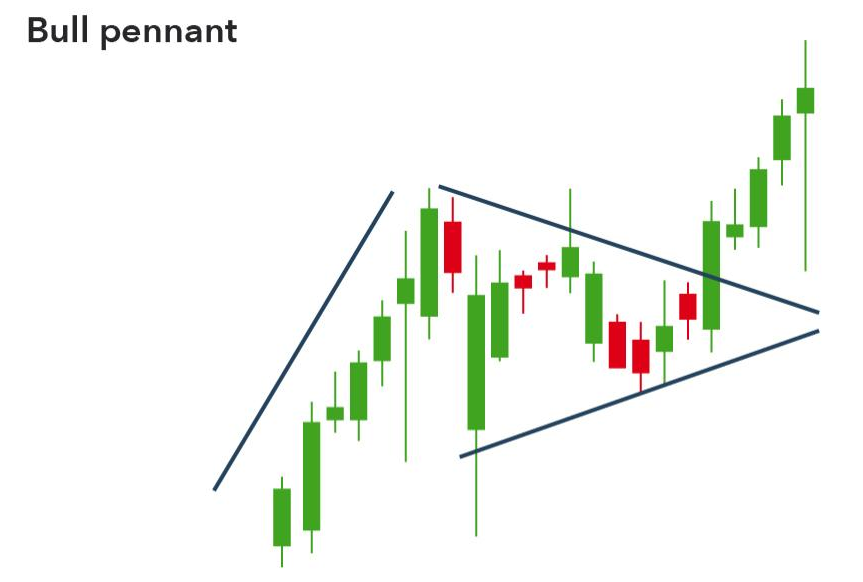Investing terminology refers to market conditions using terms such as “bull” and “bear.” These terms describe the general state of stock markets, namely, whether their values are appreciating or depreciating. For investors, the market’s direction is a key factor that substantially impacts their portfolios. Therefore, you need to know how each of these market conditions may influence your investments.
Bull market vs. bear market
An economic climate that is generally favorable contributes to a bull market. Conversely, bear markets exist when an economy is contracting, and most stocks are experiencing a decline in value. Investors’ attitudes greatly influence the market and its ensuring economic trends, so these terms also refer to investors’ opinions about the market.
Steady price increases characterize a bull market. When it comes to equity markets, a bull market entails raising the price of a company’s share. Investors often have a sense of confidence that uptrends will continue for a long time in such circumstances. It usually happens that a country’s economy is strong and the unemployment rate is low in this scenario.
In contrast, a declining market is considered a bear market. Most analysts do not consider a “bear” market unless it has fallen by 20% or more from recent highs. When a bear market exists, share prices continue to decline. Therefore, investors believe that the downward trend will continue, which, in turn, perpetuates the downward spiral. In addition, when the economy slows down in a bear market, there is more unemployment as companies lay off workers.
Characteristics of a bull and bear market
Even though the direction of stock prices determines a bull market or bear market condition, there are also certain accompanying characteristics to recognize.
Supply and demand for financial instruments
An increase in demand and a decline in supply is an indication of a bull market. Therefore, the number of traders who want to buy assets outweighs the number who want to sell assets. Investors will thus compete to obtain available equity, consequently driving shares prices upward.
On the contrary, more people will be looking to sell rather than buy in the bear market. As a result, there is a significant shortage of shares compared to the supply, which results in share prices falling.
Trading psychology
Trading psychology and sentiment play a significant role in determining the market’s performance and behavior since how individuals perceive and react to the market influences price fluctuation or fall. Thus, stock market performance is inextricably linked with investor psychology. Investors participate in a bull market with the hope of acquiring profits.
A bear market is characterized by low investor sentiment; as investors wait for a positive stock movement, they move their money out of equities and into fixed-income securities. As a result, investors lose confidence in stock markets. When investors withdraw their money from the market, prices decline as an increase in outflow occurs.
Change in economic activity
Since the businesses whose stocks are traded on the exchange are part of the economy on a larger scale, there is a strong relationship between the stock market and the economy.
Weak economic conditions are associated with bear markets. This is because the consumers are not spending enough to allow businesses to produce huge profits. As a result, losses are directly related to the market’s valuation of stocks.
When the market is bullish, the reverse happens. Money is more readily available, and people spend more money. Thus the economy is strengthened.
Bottom line
Market conditions can influence your investments in both bear and bull markets, so it’s a good idea to analyze the market’s performance before making an investment decision. It is important to remember that the stock market has always generated a positive return over the long term if you trade wisely.


